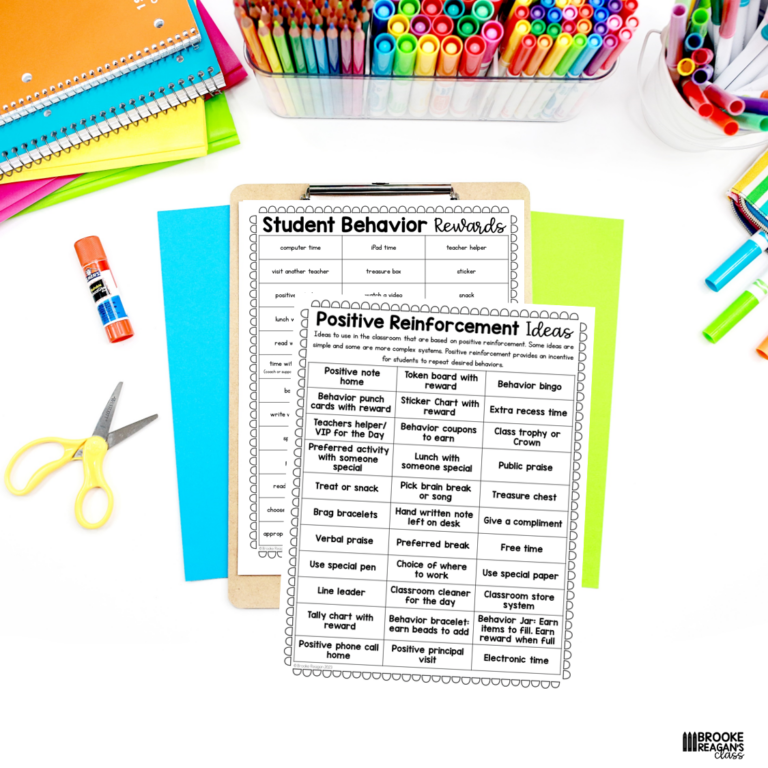

As a special education teacher, there have been hundreds of times I have had to have conversations with parents about their child and characteristics we are seeing at school that are consistent with ADHD or Autism. Some of these conversations were harder than others, but they were never personal until I sat on the receiving end of the conversation.
Out of respect and privacy for my family, I will give just an overview of the situation in hopes that it helps someone else who is in this season with a child.
My child coasted through elementary school (kinder- third grade) then fourth grade hit, and it all changed. This was a change I can honestly say even with my teacher background I did not see coming. School become hard, frustrating and a struggle. Fast forward to hiring a tutor, RTI Intervention Services, and classroom accommodations… but still not the consistent progress I knew we needed to see. After complaints from my own child that they can’t pay attention in class, seeing consistent patterns of impulsivity and difficulty focusing, I knew there was something bigger that I was missing.
So here that brings us to our journey through an ADHD Diagnosis.
ADHD is a medical diagnosis, which means you must go through your child’s primary care provider, like their pediatrician, or a mental health professional, such as a psychologist or psychiatrist. There are multiple layers that go into an evaluation. Ours included; information from teachers, up to date well check, evaluation done by a doctor, Vanderbilt Assessment Scales completed by teachers and parents, QB Test (a computer based diagnostic screening tool that provides information about concentration, movement and impulsivity.)
Once a diagnosis is given and a written formal evaluation, that is taken to the school. If you choose, you as the parent can request a 504 plan or special education services, to help your child be successful in school. Depending upon where you child is academically and if they are significantly below grade level will help determine which route they need to go.
The biggest thing in my opinion, from a special education teacher stand point and parent, is ensuring accommodations are provided. Accommodations are changes in the classroom or testing environment that help level the playing field for students. Accommodations never change was is expected of the student, it just gives them appropriate access based on their needs. Accommodations are KEY and they must be done 100% of the time.
Grab this free list of helpful accommodations below!

If your looking for more ways to support your child or a student with ADHD, check out this product that was designed to be a helpful tool for teachers, students and parents.
Collaborating with your child’s teacher is essential in creating a supportive and successful learning environment for your child with ADHD. Teachers play a crucial role in observing and understanding the unique needs of these students, as they spend a significant amount of time with them in the classroom. By working together with teachers, parents can gain valuable insights into their child’s behavior and academic performance. This collaborative effort can lead to the implementation of effective strategies and accommodations that cater to the specific needs of the child with ADHD, ultimately promoting their academic and personal growth.
Have questions? Leave a comment below! Don’t forget to grab your freebie!
Also if you are looking for social stories to help with common ADHD behaviors. Check out this discounted bundle below!
Kindly,
Brooke Reagan

Sign up to receive over 35 ready to use student rewards to boost motivation, promote positive behavior and create a fun learning environment.